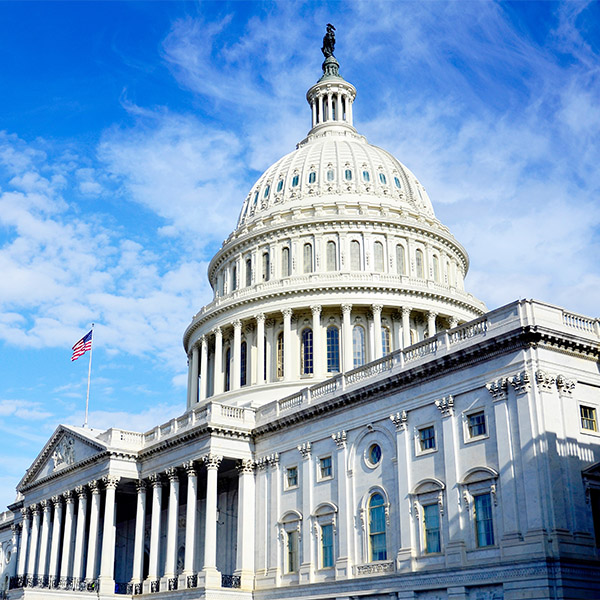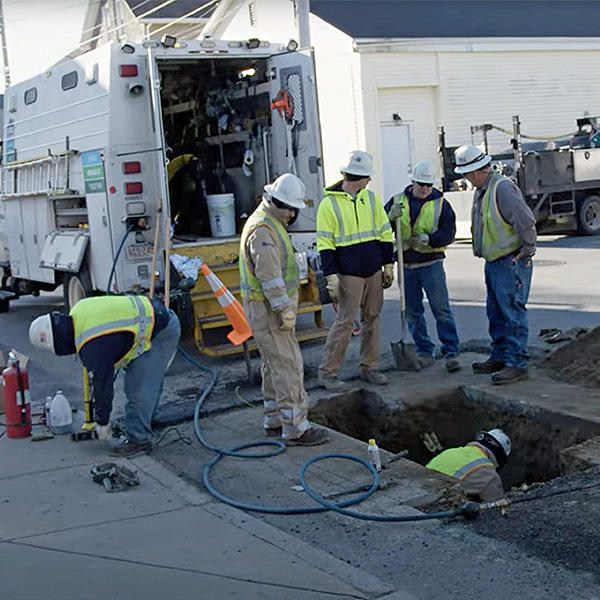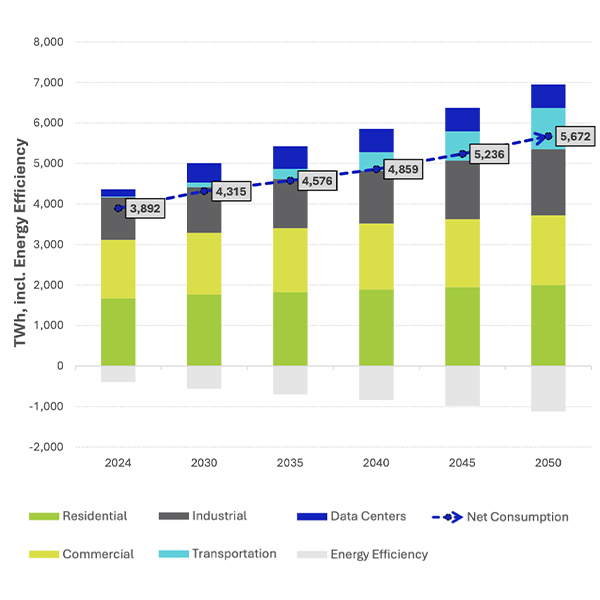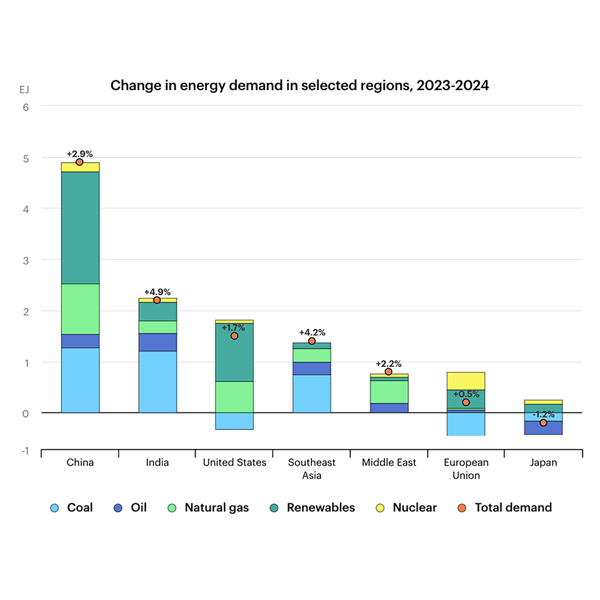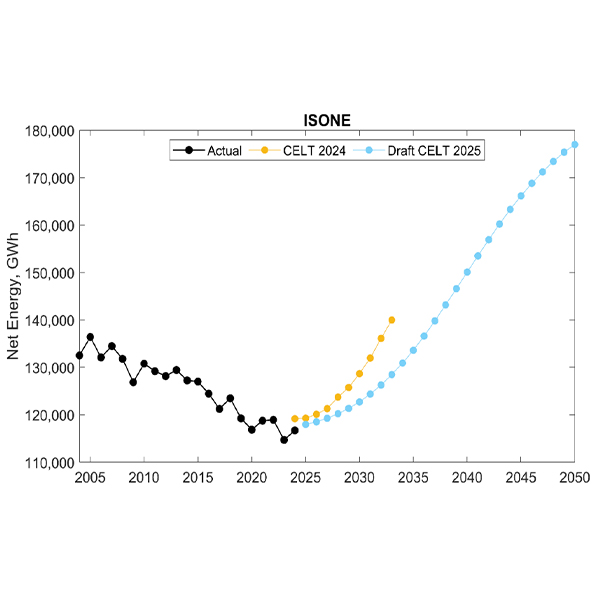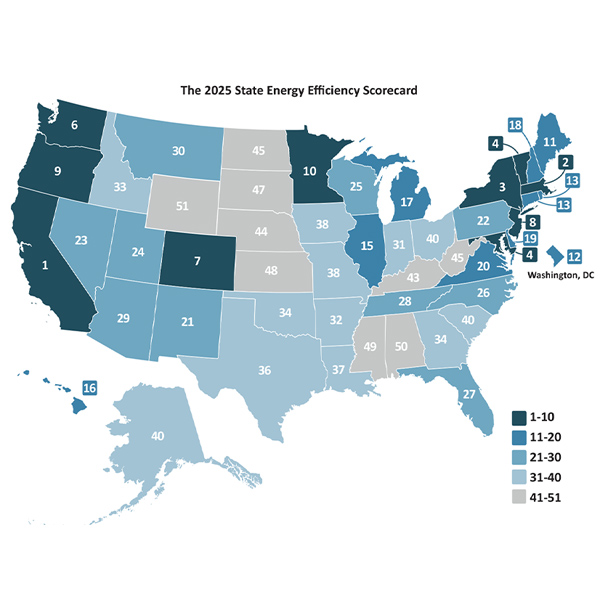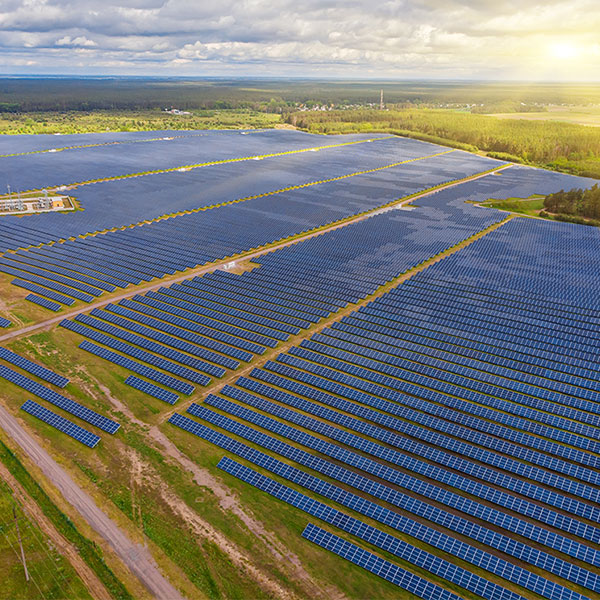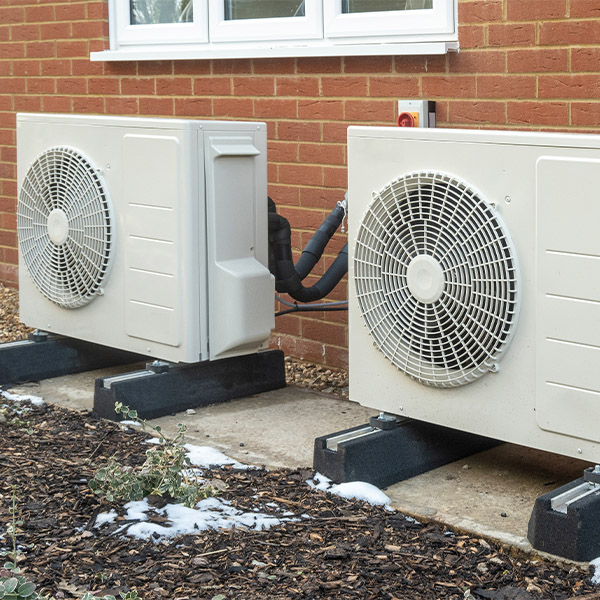Building Decarbonization
Key House committees are marking up “One Big, Beautiful Bill” for the fiscal 2025 budget that includes much of President Donald Trump’s legislative goals, including clawing back funds and phasing out tax credits for clean energy.
Los Angeles leaders should consider rebuilding the more than 20,000 structures destroyed by the January 2025 wildfires as all-electric rather than as dual-fuel despite the potential higher life cycle costs of all-electric buildings, a new report finds.
The Louisiana Public Service Commission abruptly pulled the plug on its long-awaited, statewide energy efficiency program weeks after selecting a contractor to measure savings.
Business groups and environmental advocates expressed divergent views on a proposal by the Massachusetts Department of Public Utilities that would require new gas customers to cover the entire cost of connecting to the system.
Electrical manufacturer trade group NEMA was the latest to release a forecast of electricity demand growth, which shows data centers dominating in the first decade plus, but EVs making up the most from the late 2030s onward.
Data centers may be driving electricity demand growth in the U.S., but air conditioning helped drive a 4.3% increase in worldwide demand in 2024.
As part of a major overhaul of its annual load forecasting process, ISO-NE has significantly scaled back its electrification forecast for electric vehicles and heat pumps.
The 16th ACEEE state energy efficiency scorecard put California at the top of the rankings and Wyoming at the bottom.
Facing an expected surge in energy demand, New Jersey’s Board of Public Utilities outlined a draft EMP that would continue the state’s existing, vigorous electrification strategy.
ACEEE's latest report argues that utilities should adopt winter discount rates to encourage heat pump adoption and recommends continued educational campaigns, including for HVAC contractors.
Want more? Advanced Search
